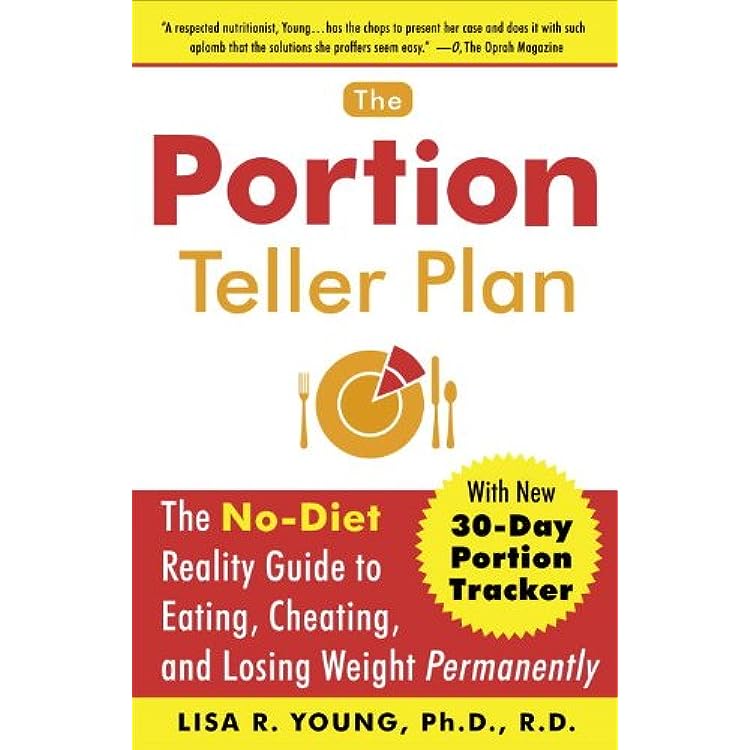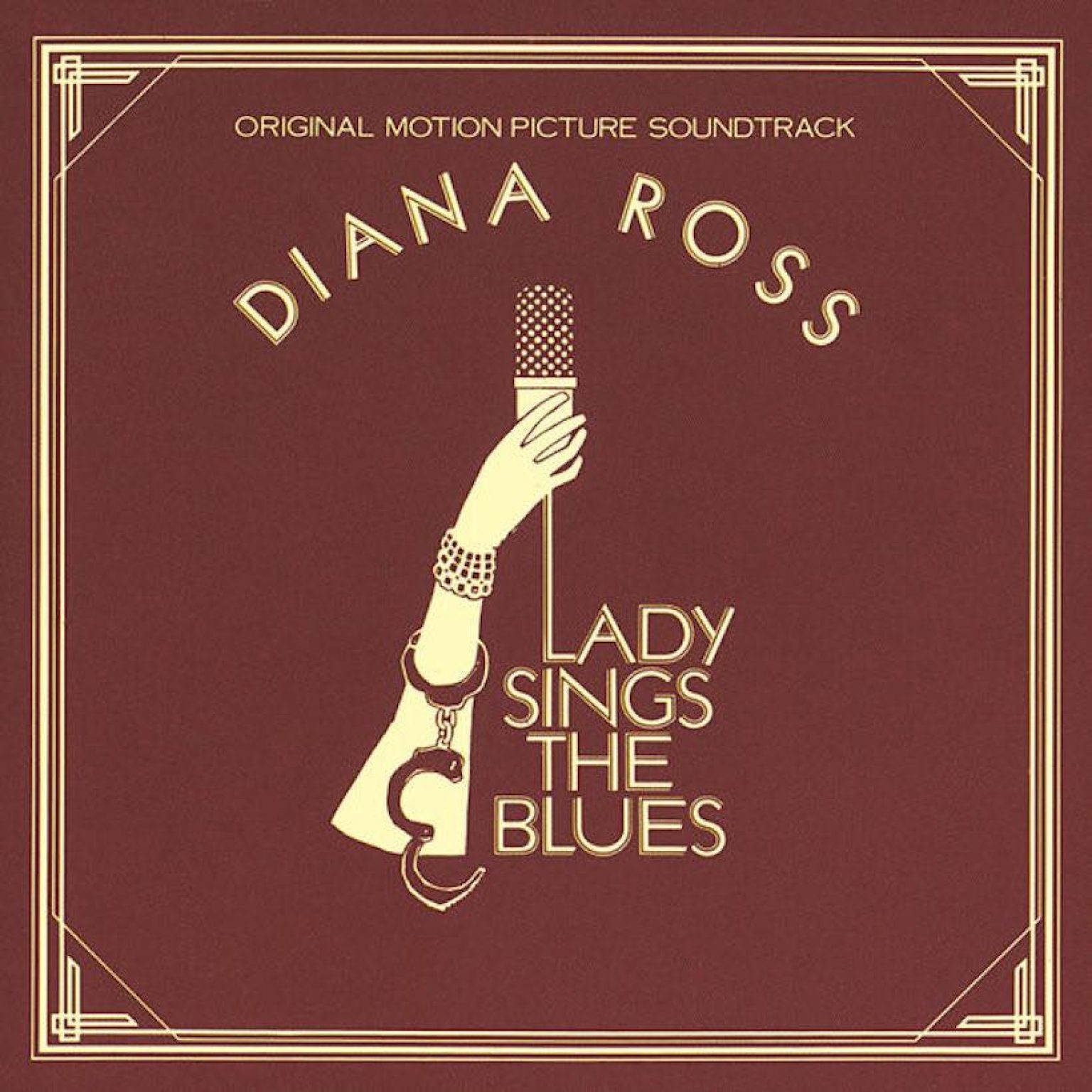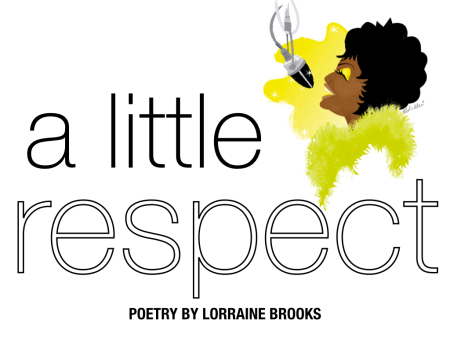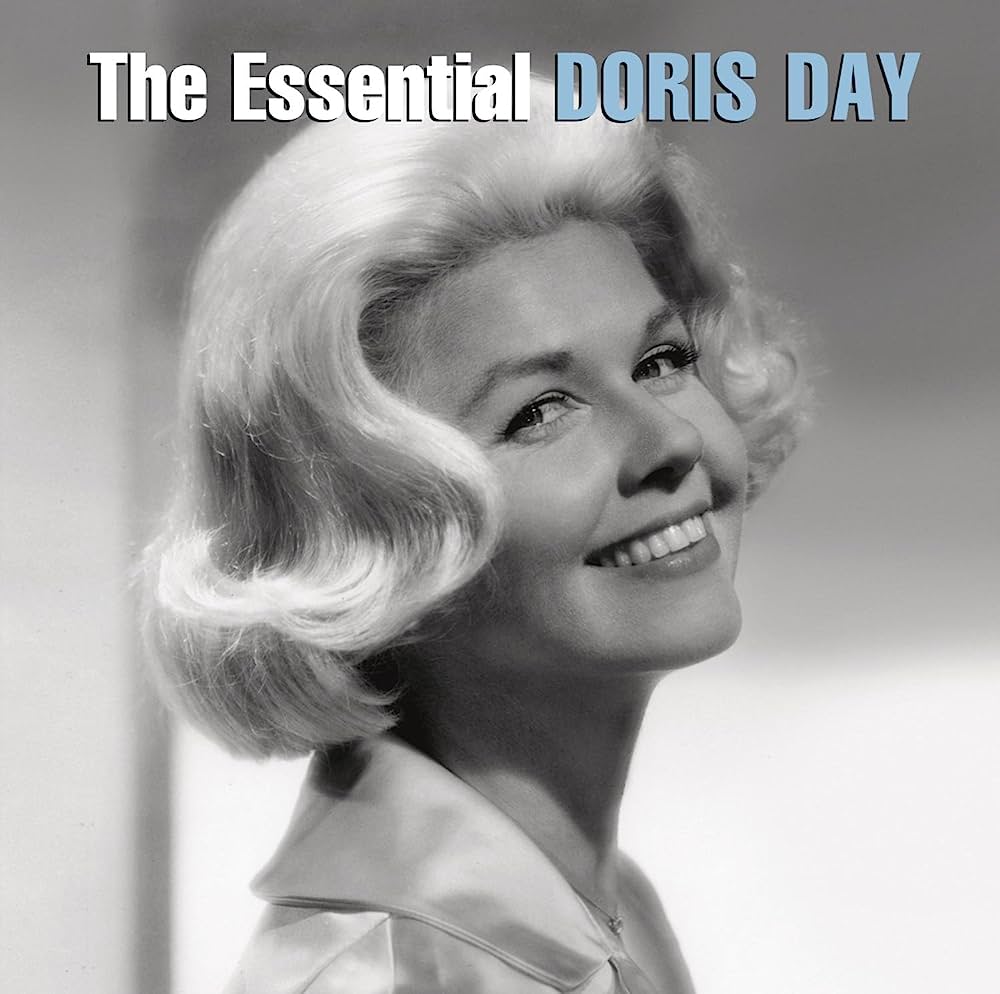Lorraine Brooks shares her thoughts about her experience of living with diabetes on Divabetic’s popular podcast. It’s a splendid thing that makes our diabetes podcasts so unique. Occasionally, we challenge her to write about a specific topic. When we do, she always delights us with her prose. Our podcast focused on vision, which many of us take for granted. If you’re living with diabetes, make time for an annual exam to protect your eyes. Your vision is too important to take for granted, as it has an astonishing impact on your quality of life. To convey our message, we asked Lorraine to share a poem about taking things in life for granted.
I Woke Up This Morning by Lorraine Brooks
I woke up this morning, as always,
And while walking through my hallway,
I looked in the mirror, reflecting,
And thought, why am I so rejecting?
There’s food in my pantry and clothes on my back
And 2 cars in my garage.
I‘ve plenty of colleagues and friends; I don’t lack,
I‘m blessed with a fine entourage.
There’s heat in the winter and cool when it is hot,
There’s no way I‘m doubting the blessings I‘ve got.
So what if I need to count calories now,
I still can consume that dessert anyhow.
My kidneys are fine, and my eyesight’s okay,
And I can still sleep at the end of the day.
I have a few dollars, and I can have fun
And not have to justify it to anyone.
I make my decisions and live with my fears
And thankful for 65 wonderful years.
This life here on earth can be tragic enough
Without adding to it irrelevant stuff.
The gift is in living and doing our best.
And then letting go of all of the rest.
So have a good time and be of good cheer.
And you will enjoy the time you have here.
Positive vibes and a will to stand tall
And living won’t be any trouble at all.
Listen to Lorraine Brooks perform her poem, I Woke Up This Morning, on this episode of Divabetic’s podcast with musical inspiration from Maxwell.
Along with fellow musicians D’Angelo and Erykah Badu, Maxwell has been credited with helping to shape what has been termed the “neo-soul” movement that rose to prominence during the late 1990s. He scored a major hit and won awards for his song, Fortunate, featuring a message that aligns with our podcast theme.
Diabetic Macular Edema (DME) is an accumulation of fluid in the macula-part of the retina that controls our most detailed vision abilities-due to leaking blood vessels. To develop DME, you must first have diabetic retinopathy.
Diabetic retinopathy is caused by damage to the blood vessels in the tissue at the back of the eye (retina). Poorly controlled blood sugar is a risk factor. Early symptoms include floaters, blurriness, dark areas of vision, and difficulty perceiving colors. Blindness can occur.
Guests include singer Alfa Anderson, Diabetic Macular Edema patient Maryanne Kass, Artist Bryce Chisholm, Charlie’s Angels of Outreach, Poet Lorraine Brooks, and Mama Rose Marie. This podcast features songs from several of Maxwell’s albums courtesy of SONY Music.















